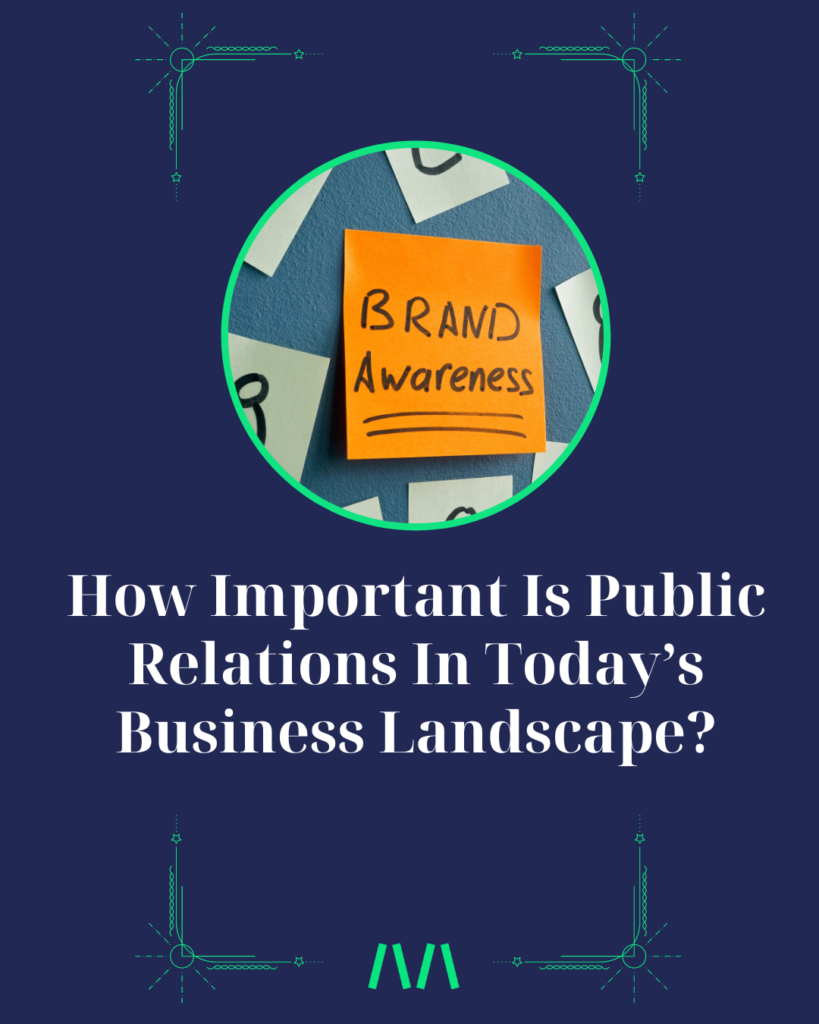Q&A: A general election, the Procurement Act and the rise genAI – a look at the future of govtech
Written by Rebecca PaddickIn the latest episode of Tech to Transform 2024, we spoke to Rob Anderson, Chief Analyst and Service Director for the public sector at Global Data. We had the opportunity to talk to Rob abut new developments in the transformation of public procurement, the potential impact of the impending election, the urgency for cyber security training, the potential of generative AI and much more.
Since we last spoke with Rob on the Tech to Transform podcast three years ago about the future of GovTech , a great deal has changed. So how has GovTech transformed since then?
Podcast host, Rebecca Paddick: When we last spoke in 2021, we discussed how the newly created Central Digital Data Office (CDDO) would work alongside the GDS. And, at the time, the government’s green paper had just come out about transforming public procurement. So how far have we come since then?
Rob: Perhaps the most important thing that’s happened since then is the outcome of that transforming public procurement paper. Notably the new Procurement Act, which will benefit suppliers of all sizes, in particular small businesses, with the creation of a central digital platform for suppliers to register and store their details to be used for multiple bids. This could be the biggest change in public sector procurement in a generation. It will hopefully open up the market and change the way people are able to sell into government.
Rebecca: What are the key things happening in GovTech apart from the Procurement Bill?
Rob: Generative AI is the big buzzword at the moment with politicians. There are lots of trials going on and real-life user cases where it can help really public sector. We’ve seen all the good work that traditional AI has done over the years and how it can benefit in the transformation of services. Process automation has also come back into the spotlight as well. To get the best use of AI, you need to have good data and one of the things quite high up on the agenda is the quality and consistency of data across the public sector and even across government.
Rebecca: So, do you think this will be a focus for this year?
Rob: Yes, I think the priority will be to ensure the data is robust and accurate so that any AI tools can be used to produce the right results and proper outputs. However, there are still a lot of challenges around legacy IT or technical debtors, as it’s being rephrased as these days. There’s also still a big skills gap and there’s a challenge there for the public sector to be able to pay the right sort of money to attract the best people with the AI skills required, within the constraints of very tight budgets.
Rebecca: With the adoption of AI, like with any new or emerging technology trends, there’s that age-old problem of addressing the cultural change or barriers to change within the workforce, particularly within the public sector?
Rob: Yes, there will be the traditional civil servants who will to some extent fear AI because they think it may take away their jobs. There’s a big communication issue to be addressed, to make sure people understand the benefits of it. So that when it used properly, it will actually free up people’s time to do more interesting and exciting things for the delivery of services to the citizen.
Rebecca: Can we talk about support for SMEs and what changes are happening to impact smaller suppliers?
Rob: The pendulum is now swinging back to systems integrators. We are seeing a lot of encouragement and pressure from government organisations and agencies for these system integrators to include SMEs within the supply chain. HMRC has put specific frameworks in place to get SMEs on board to be able to utilise them within contracts they have with the government. I think there is a lot of opportunity out there for SMEs, with a large proportion coming through integrators. But, as the Procurement Bill rolls out, it should make it easier and simpler for SMEs to bid for directly for government business and we’ll will see more SMEs getting involved in that way.
Rebecca: Is there any kind of specific advice you would give SMEs with penetrating the government market?
Rob: Yes, keep going. I appreciate it can be very difficult and SMEs can’t afford to have someone just focused on talking to partners and talking to government. But, focus on who are the partners that are winning business. Firms like ourselves at Global Data, can help with that by showing data on who’s winning business where. Get involved in organisations like Tech UK that you know is the industry body for the tech community. I would urge any SME to look at Tech UK membership which will open you up to great networking events to talk with other people involved in supplying, identifying potential partners and upcoming procurements.
Rebecca: Could you talk about how we’re in an election year and what that might mean for GovTech?
Rob: It’s looking likely that Labour will probably form the next government and I think we’re looking at a more digitally focused government. I’d encourage suppliers to take a close look at what Labour is doing. There’s a lot of activity going on with the Labour Digital Group run by Darren Jones MP which is taking a lot of advice from the Tony Blair Institute, which has produced lots of research on digital transformation. Not just in the UK, but across other governments around the world.
Rebecca: What would you like to see more government funding for?
Rob: What’s never quite high up enough on the agenda is dedicated finding for cyber-security. One of the bad effects of AI is that cyber criminals are adopting it and using it for fraudulent and destructive activity. That applies to criminals not just looking to get money out of public agencies, but also to foreign actors who could potentially disrupt the election. I’d like to see a bit more focus in terms of dedicated funding, but I think inevitably that that only ever happens when there’s a breach.
Listen to the full interview with Rob Anderson, here.



